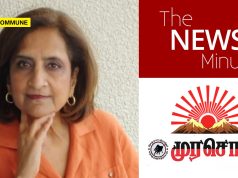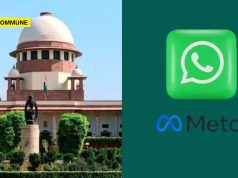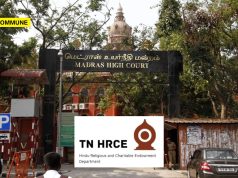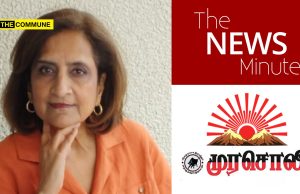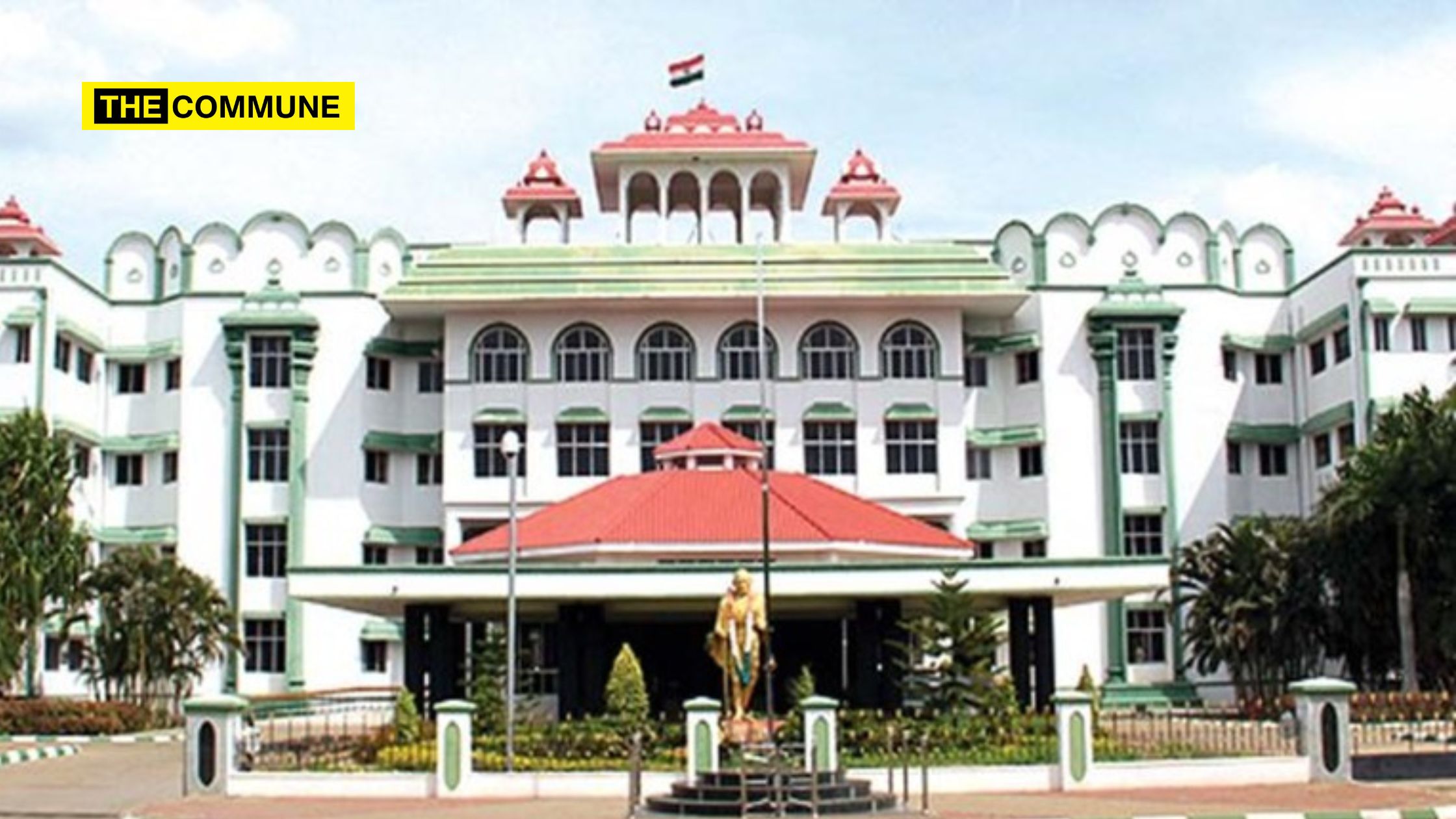
In a significant ruling, the Madurai Bench of the Madras High Court has underscored the need to uphold secularism during staffing in government-funded minority educational institutions. The court emphasized that when schools receive state financial support, their staffing must reflect the state’s secular principles, allowing candidates from diverse religious backgrounds to be considered.
Justice G.R. Swaminathan, who issued the judgment, stressed the constitutional responsibilities of these government-funded minority educational institutions.
He stated, “When the state funds salaries, the fundamental tenets of secularism require that the hiring process be open to all qualified candidates. Restricting applications to individuals of a specific religion contradicts constitutional ethics.”
Suggestions
Justice Swaminathan also suggested that new legislation is necessary to address this issue. He proposed creating a “Transparency in Appointments of Staff in Private Aided Educational Institutions Act” to ensure equitable and secular recruitment practices. This recommendation arose from a petition filed by C. Manohar Thangaraj, the elected treasurer of the Tirunelveli Diocese, who sought to prevent the Bishop from making unilateral decisions regarding hiring teachers and administrators in diocese-run schools.
The judge was clear in his criticism of the alleged flaws in the appointment process within these institutions. He noted, “It is well-known that commercial interests often influence appointments in aided private schools, though some exceptions exist. It is fair to expect that receiving state aid for teaching comes with a duty to hire the most qualified teachers.” While acknowledging the right of minority institutions to manage their appointments, Justice Swaminathan insisted that job openings must be advertised widely to allow all qualified candidates, regardless of caste, religion, or denomination, to apply.
In the case at hand, the judge deemed the diocese’s plan to appoint individuals from its seniority list unconstitutional. Consequently, the court upheld the petition and set a new standard for future cases.
The issue of religious favouritism in government-supported minority institutions has been a contentious matter in Tamil Nadu. Critics, including political pressure groups such as Hindu Munnani, have accused these institutions of hiring based on religious affiliations rather than merit, intending to advance religious agendas under the guise of education. They argue that these institutions while receiving government funds, impose restrictions on students’ religious expressions, such as wearing wristbands or religious symbols, while not imposing similar limits on items like hijabs or rosaries.
Similar Ruling By the Supreme Court
This ruling by the Madurai Bench aligns with earlier precedents. In January 2020, the Supreme Court ruled that government-aided minority institutions do not possess absolute rights in teacher appointments. The court upheld the West Bengal Madrasah Service Commission Act, 2008, establishing a panel for teacher appointments in government-funded madrasas. The Supreme Court found that the Act was constitutional as it ensured a merit-based selection process while accommodating the interests of the institutions.
In contrast, a June 2024 judgment from the Delhi High Court granted government-aided minority institutions complete autonomy in staff appointments. Justice C. Hari Shankar ruled that these institutions have the exclusive right to select their staff, with the Directorate of Education’s role limited to setting qualifications and experience requirements for key positions.
(With inputs from Organiser)
Subscribe to our Telegram, WhatsApp, and Instagram channels and get the best stories of the day delivered to you personally.

